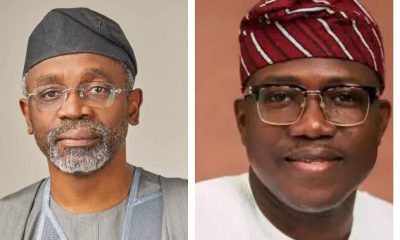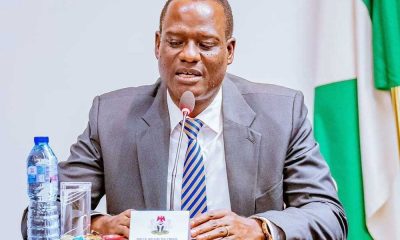In a stunning development for Canadian politics, Prime Minister Justin Trudeau is expected to announce his resignation this week, according to reports from The Globe and Mail.
The decision comes at a turbulent time for both the Liberal Party and Canada, as internal political challenges collide with mounting external pressures from the incoming U.S. administration.
Trudeau’s resignation, which could be announced as early as Monday, appears strategically timed to preempt the Liberal Party’s national caucus meeting on Wednesday.
The caucus meeting was anticipated to be a flashpoint, with many Liberal lawmakers increasingly vocal in their dissatisfaction with Trudeau’s leadership.
By stepping down ahead of the gathering, Trudeau may aim to project his departure as voluntary, avoiding the perception of being ousted by his party.
This calculated move underscores the growing unease within the Liberals as they grapple with sliding poll numbers, public discontent, and internal discord.
Adding to the urgency of the political shift is the imminent inauguration of U.S. President-elect Donald Trump, whose administration has promised sweeping tariffs on Canadian imports.
READ ALSO: Trump plans to annex Canada as U.S. 51st state with new tariff
Trump’s proposed 25% tariff on Canadian goods could devastate Canada’s export-driven economy, heightening the need for decisive leadership to navigate the looming crisis.
The strained relationship between Trudeau and Trump has been a hallmark of Trudeau’s tenure. Trump’s trade policies and rhetoric have often clashed with Trudeau’s progressive agenda.
In a recent meeting at Trump’s Mar-a-Lago estate, discussions on trade initially appeared promising but quickly deteriorated. Trump reportedly suggested Canada could become the 51st U.S. state to avoid the economic fallout of his tariffs, mocking Trudeau as “Governor Justin Trudeau of the Great State of Canada” on his Truth Social platform.
Trump’s tariffs are part of a broader North American trade crackdown, framed by the president-elect as a measure to combat cross-border drug trafficking and illegal immigration.
Trudeau’s departure would spark a leadership race within the Liberal Party at a precarious time. With Canada’s next federal election required by October 2025, the Liberals face an uphill battle to rebuild public confidence.
Polls suggest Trudeau’s resignation may not be enough to reverse the party’s declining fortunes.
A recent Ipsos survey conducted after Deputy Prime Minister Chrystia Freeland’s resignation gave the opposition Conservative Party a commanding 25-point lead. Forty-five percent of Canadians expressed support for the Conservatives, compared to 20% for the Liberals.
Conservative leader Pierre Poilievre is increasingly seen as the preferred candidate to manage U.S.-Canada relations under Trump’s presidency. The survey found 39% of respondents believe Poilievre is better equipped to handle Trump, compared to just 14% for Trudeau.
Trudeau’s expected resignation would mark the end of a political era defined by progressive policies, significant international engagements, and high-profile challenges, including the COVID-19 pandemic and trade disputes with the U.S.
His departure leaves the Liberal Party at a crossroads. A new leader will need to unify the party, address internal dissent, and craft a strategy to counter the Conservative Party’s growing dominance.
As Canada braces for economic and political uncertainty, Trudeau’s resignation may signify a broader realignment in Canadian politics—one shaped by shifting domestic priorities and an increasingly unpredictable global landscape.

 Latest7 days ago
Latest7 days ago
 News6 days ago
News6 days ago
 Latest1 week ago
Latest1 week ago
 Business5 days ago
Business5 days ago
 Latest1 day ago
Latest1 day ago
 Comments and Issues7 days ago
Comments and Issues7 days ago
 Latest4 days ago
Latest4 days ago
 Crime1 week ago
Crime1 week ago

